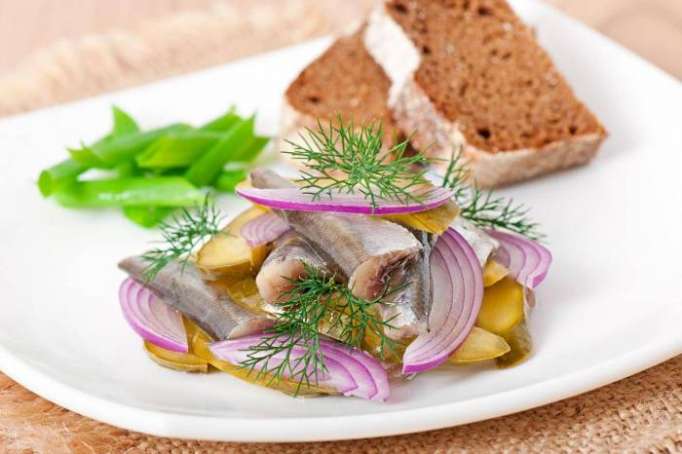But what is the Nordic diet? And why do dietitians hail it as one of the healthiest food plans around?
Typically defined as a diet based around the traditional foods of Northern Europe, the Nordic diet champions locally-sourced ingredients and is rich in fish, grains, vegetables and berries.
Different from its Mediterranean counterpart, the Nordic diet is as much about sustainability as it is nutrition and is typically lauded as an eco-friendly diet that abhors processed food in favour of home-cooked meals based around lean proteins, complex carbohydrates and healthy fats.
It also favours different types of fats. While the Mediterranean diet is rich in olive oil, the Nordic diet promotes the use of canola and rapeseed oil, both of which are rich in monounsaturated fats that promote heart health.
“It’s based around whole foods and is therefore lower in refined carbohydrates and foods that are lacking in nutrients in comparison to traditional western diets,” dietitian Nichola Ludlam-Raine told The Independent.
Foods typically consumed in the Nordic diet plan are traditionally sourced in Denmark, Finland, Iceland, Norway and Sweden and include game meats, poultry, legumes, root vegetables and whole-grain cereals.
The diet has been around for centuries but its newest incarnation came about in 2004 when two Nordic chefs, René Redzepi and Claus Meyer, revolutionised the concept with their restaurant Noma, which epitomised the diet’s focus on foraged foods.
Due to its low-sugar and salt content, the WHO praises the diet for lowering the risk of cancer, diabetes and cardiovascular disease, promoting it alongside the Mediterranean diet in a recent review.
Embarking upon the Nordic diet may also result in short-term weight loss, however, research in this area is somewhat lacking, explains leading Harley Street nutritionist Rhiannon Lambert.
“What it really comes down to is eating a well-balanced diet, there is nothing magical about the Nordic diet,” she told The Independent.
“A well-balanced diet that includes plenty of whole grains, proteins including oily fish, essential fats and fruit and veg is definitely considered a healthy one."
More about: diet
















































